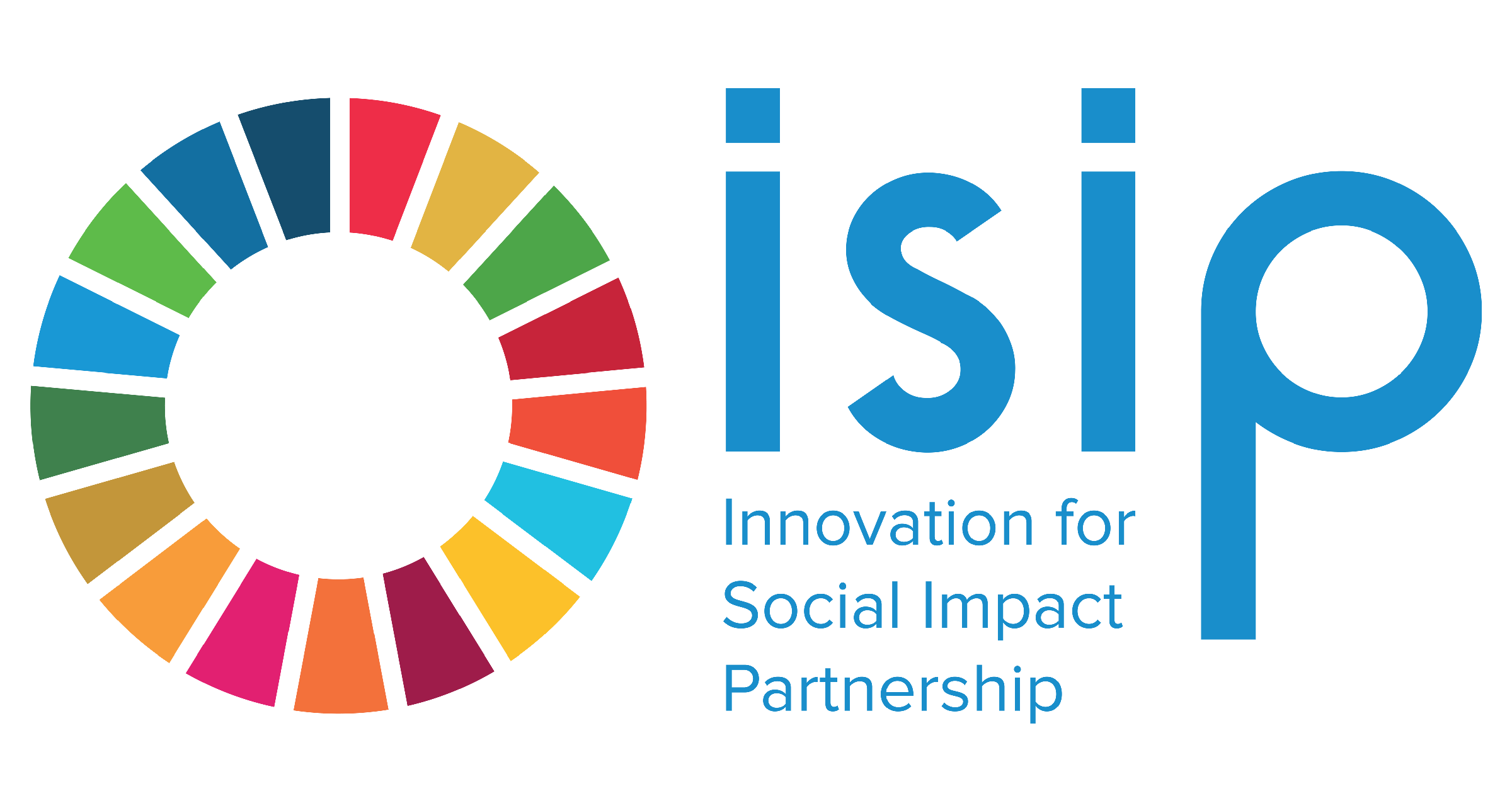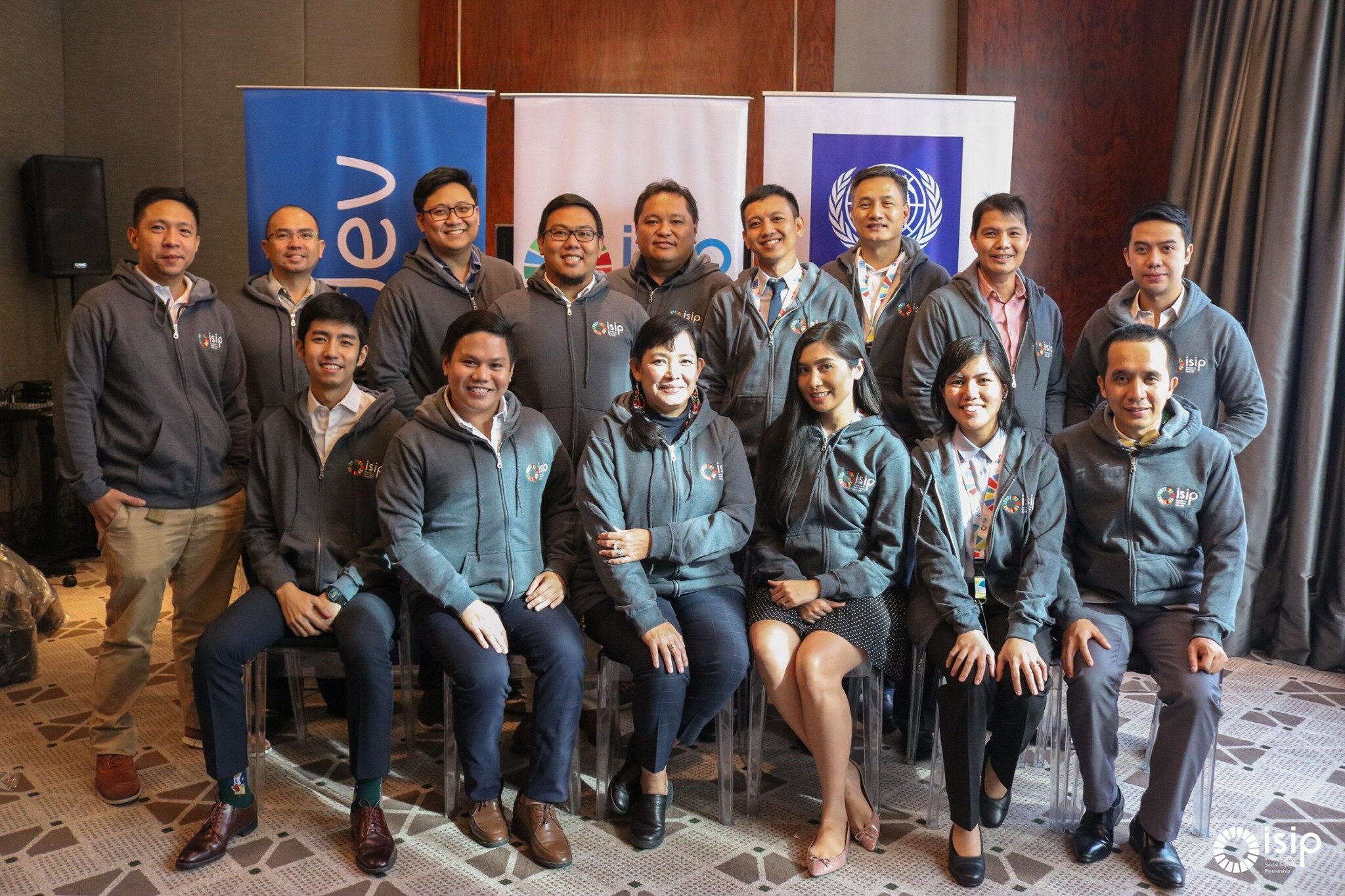Paving the Road: The Role of Policy Reform in Streamlining Social Enterprises in the Philippines
by Vince Manglicmot
Art by Jazmin Tan
Five years since the launch of the Sustainable Development Goals (SDG), there has been a global pursuit towards development through sustainable means. In the Philippines, both government and non-government stakeholders have been active in their endeavor to achieve these global goals. Some of the notable achievements include the creation of the Philippines’ Green Jobs Act, the Sustainable Consumption and Production Action Plan, and the ratification of the Bangsamoro Organic Law. [1]
However, with the sudden global spread of the COVID-19 disease, progress made from the SDGs were halted - and at worst, reversed. With many countries forced into lockdown, the global economy faced one of the worst economic recessions in history. Several businesses worldwide closed and millions of people across the globe lost their job; global poverty increased by eight percent, equivalent to more than 71 million people pushed into poverty. [2] Focusing on the Philippines, the country experienced a -16.5 percent GDP growth rate due to the pandemic and lockdown, resulting in four million unemployed Filipinos. [3] [READ: ISIP Celebrates Labor Day in the Philippines]
With the massive social problems brought about by the COVID-19 pandemic, the world is in need of disruptive, yet sustainable, means to pursue the SDGs. In ISIP, we believe that Social Entrepreneurship is one of the answers.
In other countries, social enterprises (SE) have been a key sector in creating ways to solve or mitigate the risks brought about by the COVID-19 pandemic. In Belgium, Maatwerk, a social enterprise, has multiple workplaces producing thousands of surgical masks and other medical materials. In the Philippines, numerous SEs developed solutions to mitigate the spread and reduce the impact of the coronavirus pandemic. [READ: 21 Filipino Social Enterprises Receive PHP 215,000 Support for COVID-19 Innovations]
[RELATED: Impact-first: Social Enterprises in the Philippines Innovate to Respond to Coronavirus Pandemic]
Roadblocks to SE success
Despite the importance and numerous opportunities brought about by social entrepreneurship in the Philippines, the SE sector also faces numerous roadblocks which prevent it from fully thriving in the country. First, the social enterprise sector is not recognized as a separate entity as micro, small, and medium enterprises (MSMEs) by the government despite them having unique business models and generally different experiences than most MSMEs.
Second, the lack of support mechanisms available also posed a problem for several SEs in the country. They experience difficulty in accessing financial assistance and other programs and benefits, making it harder for them to scale up and hire workers.
Third, SEs also experience stigmatization and discrimination. Many investors and potential partners perceive social entrepreneurship as a business which lacks sustainability. [4] They are not seen as commercially viable which make it difficult for most SEs to scale up and thrive.
Coffee for Peace, a social enterprise that uses coffee as a vehicle to promote peace-building and reconciliation in conflict-affected areas in the Mindanao region in the Philippines, experiences these roadblocks most especially in accessing investments to scale their business.
“Funders wanted it [investments] big. I usually receive comments saying, “You’re too small so probably we could recommend you to [someone else]. So I think we have to educate those funders that social enterprises are not as big as those big corporations,” Joji Pantoja, Founder and CEO of Coffee for Peace, shares.
Building Roads
Social entrepreneurs from the ISIP Social Impact Accelerator Batch 1
Noting all these challenges faced by SEs in the Philippines, ISIP implements various activities to streamline social entrepreneurship in the Philippines.
ISIP’s Social Impact Accelerator (SIA) supports impact-driven entrepreneurs by providing tailored mentorship from tech and business leaders, entrepreneurs, and investors; and impact management resources, tools, and training. SEs are further provided with free legal services, management advisory services, and network support. These services aim to help social enterprises grow and scale up. [READ: Empowering Filipino Social Enterprises: How We Do It at the ISIP Social Impact Accelerator]
ISIP also conducts impact boost camps which are multi-day sessions involving talks and workshops on various topics like impact management, business modeling, and design thinking. Last January 3 to 7, 2020, ISIP conducted an Impact boost camp which featured 30 early-stage social enterprises. These camps aim to make SEs more “bankable” and attract more investors. [WATCH: Impact Boost Camp 2020 Highlights]
Another ISIP activity is the incubator Management Workshop. Incubators are venues for faculty and students to start and grow their SEs. The incubator management workshops train and equip incubator managers and personnel with the essential skills in managing incubators effectively and efficiently. ISIP taps incubator experts to facilitate these workshops.
Streamlining social entrepreneurship in the Philippines is not a one-organization endeavor. There are also numerous other stakeholders who are actively involved in developing and promoting social entrepreneurship in the country. Among them are entrepreneurship supporting organizations who provide support services to budding entrepreneurs, spin-off teams, and operational companies to build products, teams, and strategy. Additionally, they also run incubation or acceleration programs for startups.
Policies as Highways
ISIP Roundtable discussions with representatives from banks and credit organizations.
Despite the continuous actions done to promote and support SEs in the Philippines. The SE environment remains unfavorable for growth. Several SEs still face multiple barriers which make it difficult for them to scale up. There is a need to develop a foundation for strengthening the SE ecosystem through policies and support mechanisms which can aid SE development across various stages.
There are existing policies for social enterprises such as the Go Negosyo Act, Ease of Doing Business Act, and the Innovative Startup Act. However, there are still pending policies which could help create an environment conducive for SE growth in the Philippines, such as the Poverty Reduction through Social Entrepreneurship Bill, or commonly referred to as the PRESENT bill.
The PRESENT Bill, which was first submitted to Congress in 2012, and its first reading of the bill published in 2014, aims to recognize social entrepreneurship as a means to contribute to poverty reduction, define social enterprises, and have them integrated into the value chain. Other calls found in the first draft of the bill include the creation of a Social Enterprise Council to provide research, training and to improve access to markets for social enterprises; creation of a social enterprise fund pool with non-collateral loans and creation of a social enterprise education and capacity building program. [5] There are other similar measures pending at the committee level in the House of Representatives, such as HB 2145, 2894, 3729, 7335, and 7457.
The Philippines can also benchmark how other countries support social enterprises. South Korea for example has a robust startup ecosystem where numerous government agencies support startups through various programs, such as the Kocca Launchpad, which helps startups pitch their business products or services to potential investors in America; the K-startup Grand Challenge, which attracts and supports foreign startups to South Korea; and the Korea Fund of Funds which provides a stable capital source for venture investment. Singapore, on the other hand, established the Singapore Centre for Social Enterprise, or raiSE, which nurtures; and provides capacity building and funding support for SEs. The Philippines can certainly follow suit and streamline the social enterprise ecosystem in the country.
The Philippines is home to bright minds and disruptive ideas which could bring sustainable development to the country. However, the lack of opportunities or support mechanisms prevent the creation of an environment conducive to let these bright, and disruptive ideas grow. Through social entrepreneurship, we can steer the country back on track and achieve the SDGs as SEs offer disruptive, socially relevant, and impactful solutions to numerous societal concerns we have today. In our pursuit to achieve the SDGs, social entrepreneurship is one of the vehicles, and policies serve as our roads. Policy reform for our social enterprises can be our way to go to accelerate sustainable development.
References:
[ 1] Sustainable Knowledge Platform (2019) Voluntary National Review: Philippines
[2] UNstats.org (2020) SDG indicators
[3] PH committed to reaching Sustainable Development Goals: PRRD
[4] Innovation for Social Impact Partnership Roundtable Discussion 2019
[5] A Review on the Social Enterprise Activity Philippines
—
Vince Manglicmot is the Policy Coordinator of ISIP. His commitment to development work began when he worked as a researcher in the field of human rights. As he currently explores the various facets of development in the Philippines, he uses his background in development communication to pursue his advocacy of sustainable development through research and writing.



